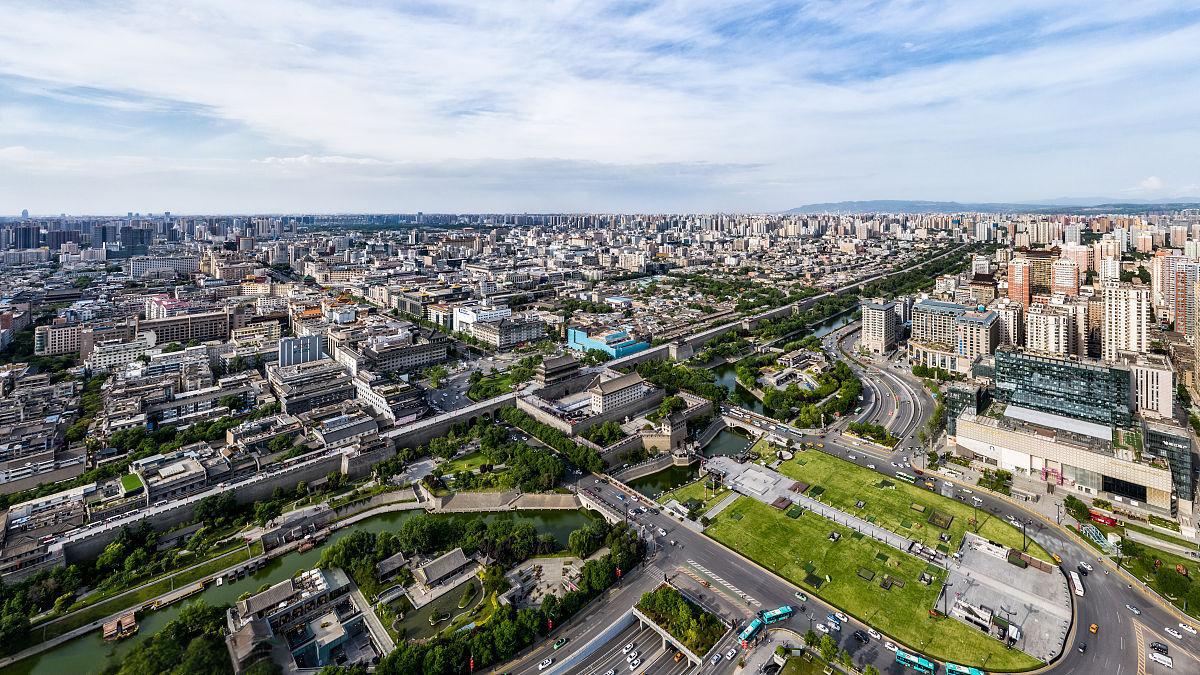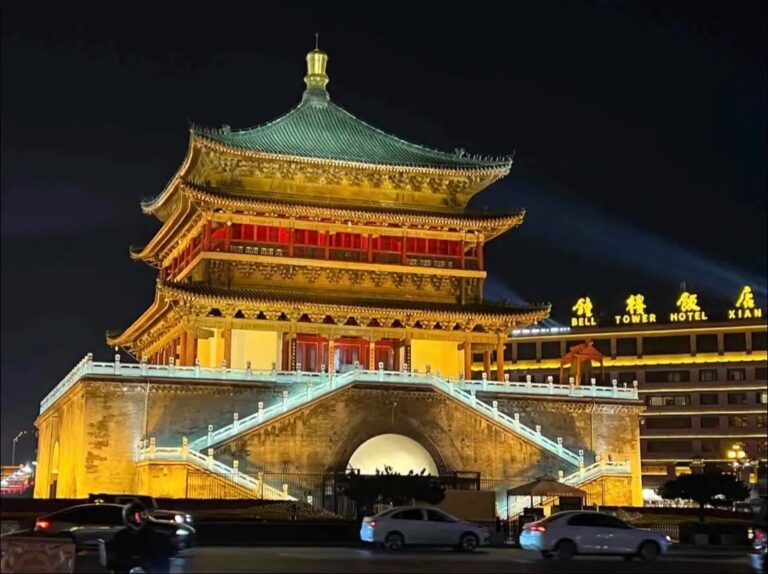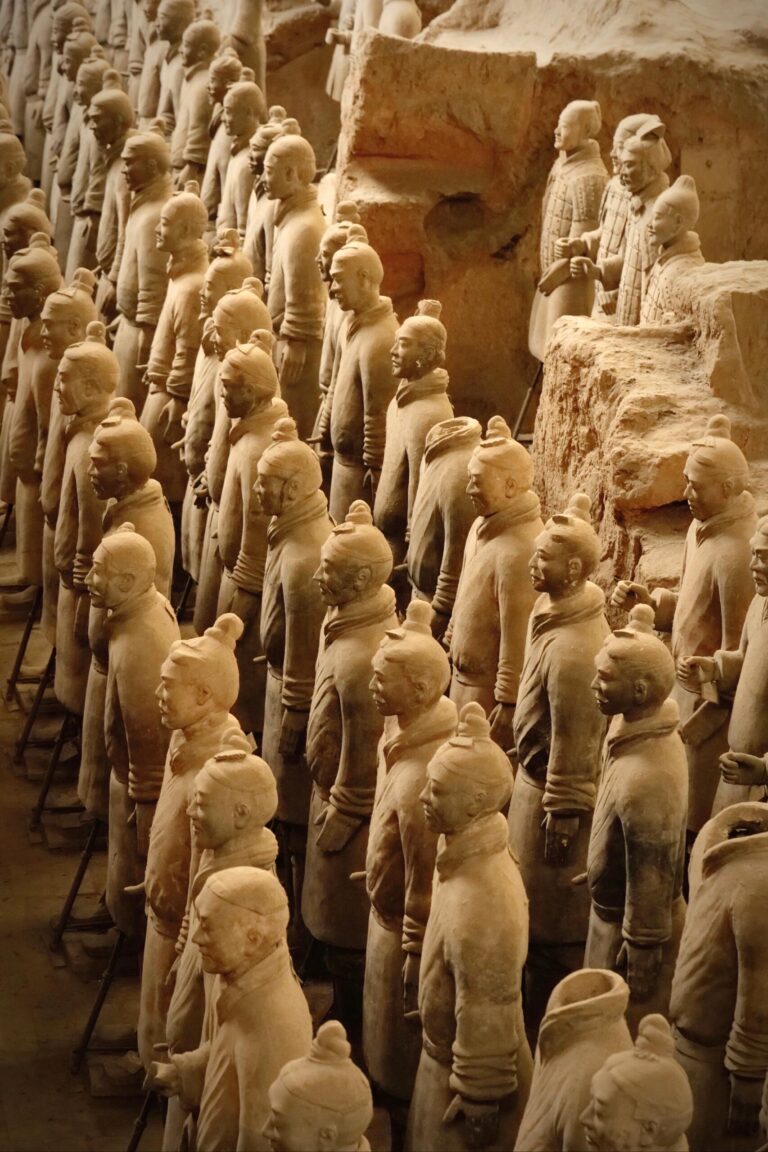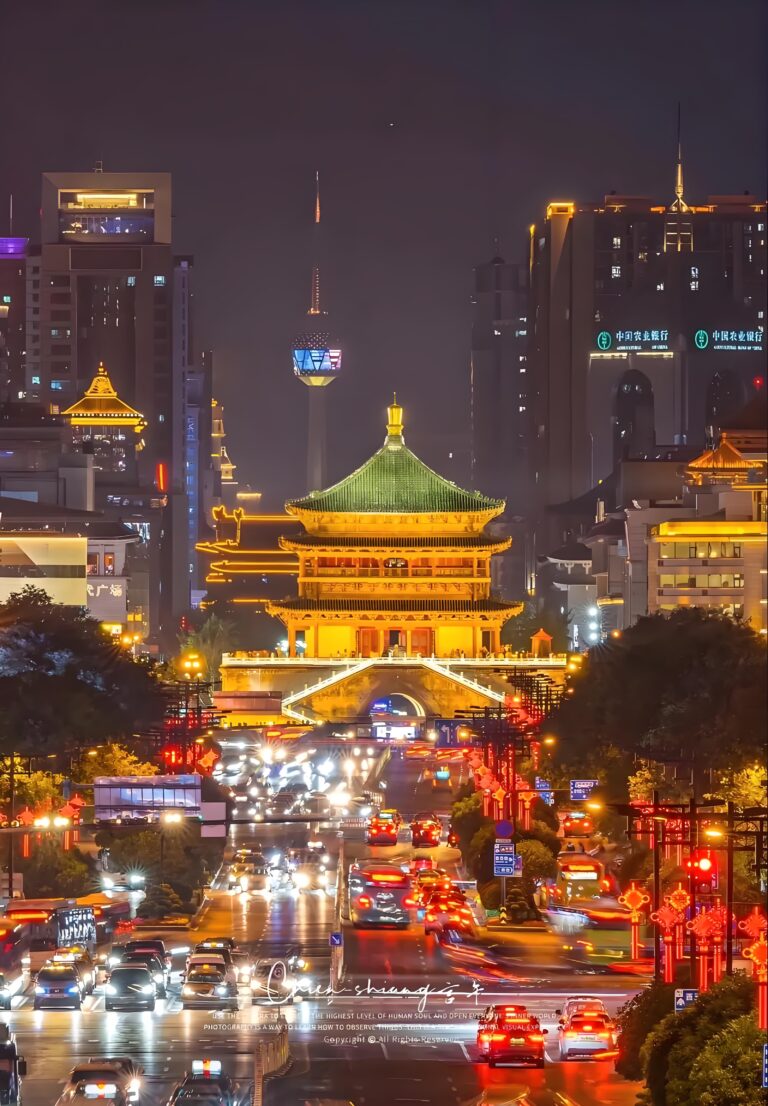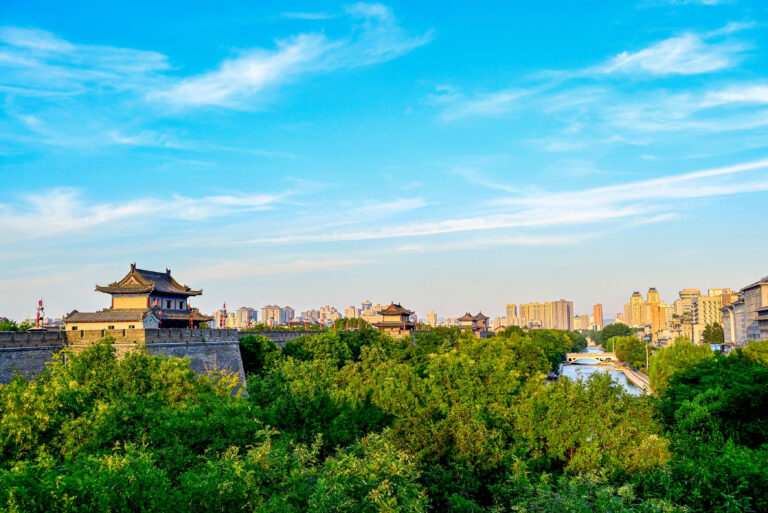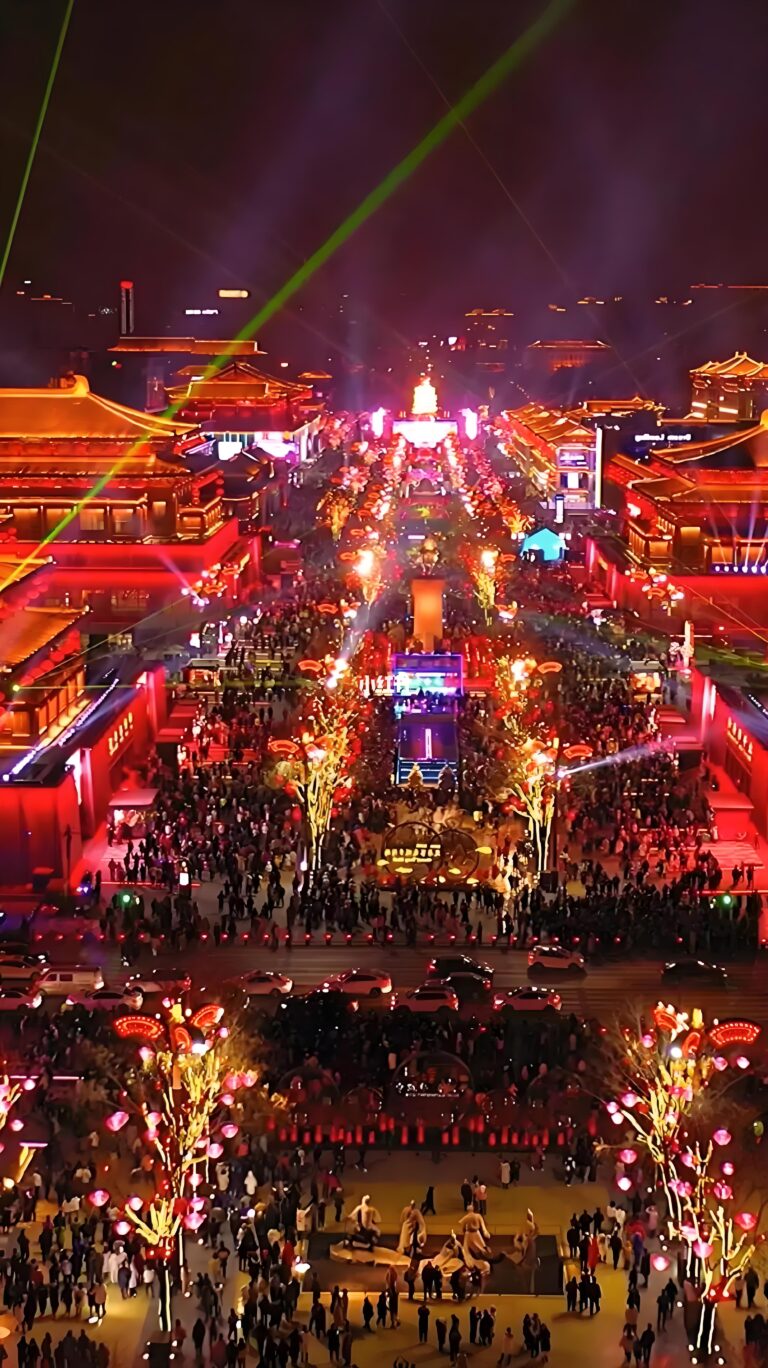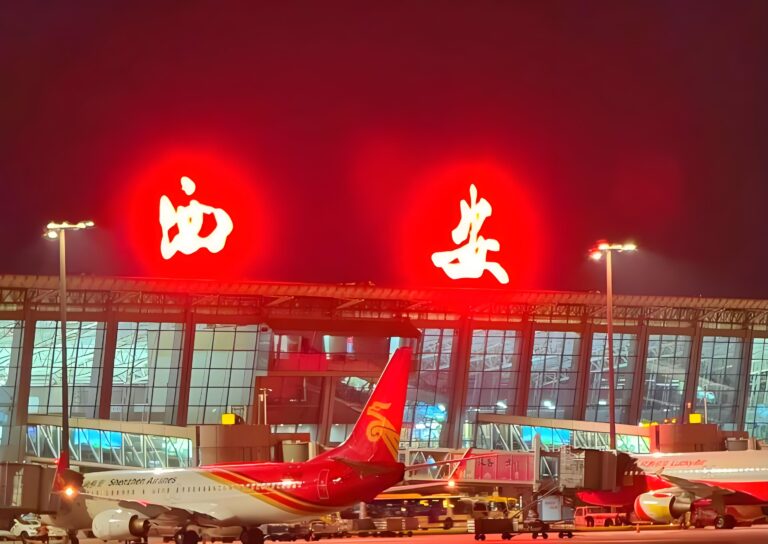Is it safe for Westerners to travel to China?
Is China Safe for Western Travelers?
As someone who loves to travel, I always get a chuckle when I tell my friends and family back in the US that I’m heading to China. Their reaction is often, “Is it safe there?” It’s like they think I’m heading into a war zone instead of going to see the Great Wall or the Terracotta Warriors. After multiple trips exploring China in depth, I can tell you this with confidence: China is not only safe for Western travelers, it might just be one of the most secure-feeling places you’ll ever visit.
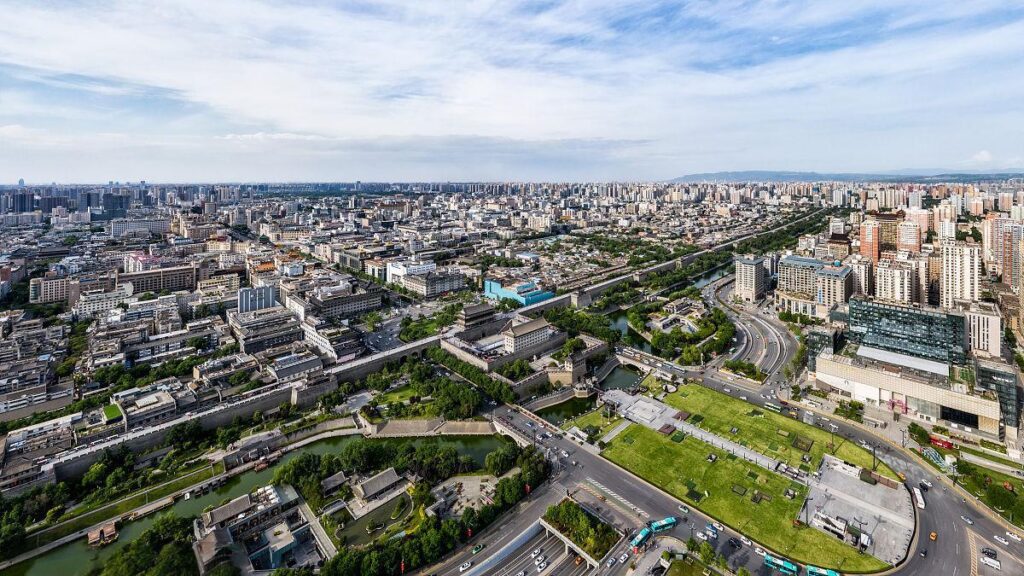
1. Safety & Crime: Safer Than You Might Think
The moment you step foot in China, you notice a distinct sense of everyday safety. Whether you’re walking along Shanghai’s dazzling Bund or through the relaxed alleys of Chengdu, you can stroll alone late at night without that familiar worry. You can even leave your phone on a cafe table while you grab a refill – something that feels increasingly rare in many big Western cities.
China’s low crime rate in cities isn’t an accident. Here’s why:
- “Eyes in the Sky” Everywhere: Public surveillance cameras are widespread, acting as a powerful deterrent to crime.
- Visible Police Presence: You’ll see police patrolling frequently, especially around train stations, tourist spots, and busy areas.
- Strict Gun Control: Gun violence is simply not a concern you need to have.
A personal story: I once left a backpack containing my passport and cash by the side of Hangzhou’s West Lake. Within an hour, the park security guards tracked me down through my hotel info inside the bag – everything was untouched. That kind of efficiency and honesty speaks volumes about public safety.
2. The Language Barrier? Tech & Kindness to the Rescue!
“What if I don’t speak a word of Chinese?” That’s probably the next big worry. It’s true that English isn’t as widely spoken as in many parts of Europe, but the communication gap is being bridged quickly by technology and the eagerness of young people to help.
- Translation Apps Are Lifesavers: Apps like Tencent Translator allow real-time voice translation. You can simply point your phone’s camera at a menu or street sign for an instant translation.
- Young People Are Your Allies: University students or young professionals often jump at the chance to practice their English and help you out.
- Major Hubs Are International: Airports, high-speed rail (bullet train) stations have clear signs in English, and information desks usually have English-speaking staff.
In Xi’an’s Muslim Quarter, I showed a street vendor a picture of “lamb soup with bread” on my phone. He smiled, nodded, and held up five fingers – a smooth “5 yuan” transaction. Those little moments of connection across the language gap become heartwarming travel memories.
3. Health & Hygiene: Don’t Fear the Food!
Chinese cuisine is incredible, but concerns about hygiene are often overblown. Your actual experience traveling there will likely shatter those stereotypes.
- Restaurant Ratings Are Clear: Most cities use visible A, B, or C hygiene rating placards. Look for the “A” rated places for top confidence.
- Bottled Water is Everywhere: Avoid tap water (hotels usually provide free bottled water daily).
- Modern Medical Care is Available: Major cities have top-tier hospitals (“Grade 3A”) with dedicated international departments staffed by English-speaking professionals.
Post-COVID, public health awareness in China is very high. Masks might still be required on subways or buses in some places, and disinfecting public areas is common practice – these measures actually make traveling healthier.
4. Cultural Differences: Respect is Key
Feeling “safe” also means understanding local norms to avoid unintentional missteps. Knowing a few basic cultural guidelines goes a long way:
- Avoid Sensitive Political Topics Publicly: Especially regarding Taiwan (it’s best to avoid discussing its political status altogether while there).
- Keep Your Voice Down in Public: Loud talking or shouting draws unwanted attention.
- Queue Up Properly: Cutting in line is a major faux pas.
- Tipping Isn’t Standard: Don’t worry about tipping in regular restaurants or taxis. It’s generally only expected for high-end hotel staff or private tour guides.
I saw a tourist in a Yunnan temple get into an argument because they didn’t notice the “No Photos of Buddha Statues” sign. The best way to avoid awkwardness? Pay attention to posted rules or simply observe what locals are doing.
5. Politics & Travelers: Living in a Parallel World
Western media often focuses on China’s political climate, but as an ordinary tourist, you exist in a completely different “parallel world.” Everyday people are overwhelmingly friendly and curious about foreign visitors. Political issues simply don’t come up in daily tourist life. As long as you respect the laws and don’t engage in politically sensitive activities, your trip won’t be affected by politics.
Emergencies: Help is Readily Available
If something does happen (which is very unlikely), China has well-established systems:
- Police: Dial 110 (This is China’s equivalent of 911).
- Ambulance: Dial 120.
- Know Your Embassy: Always have the contact info for your country’s embassy or consulate in China handy.
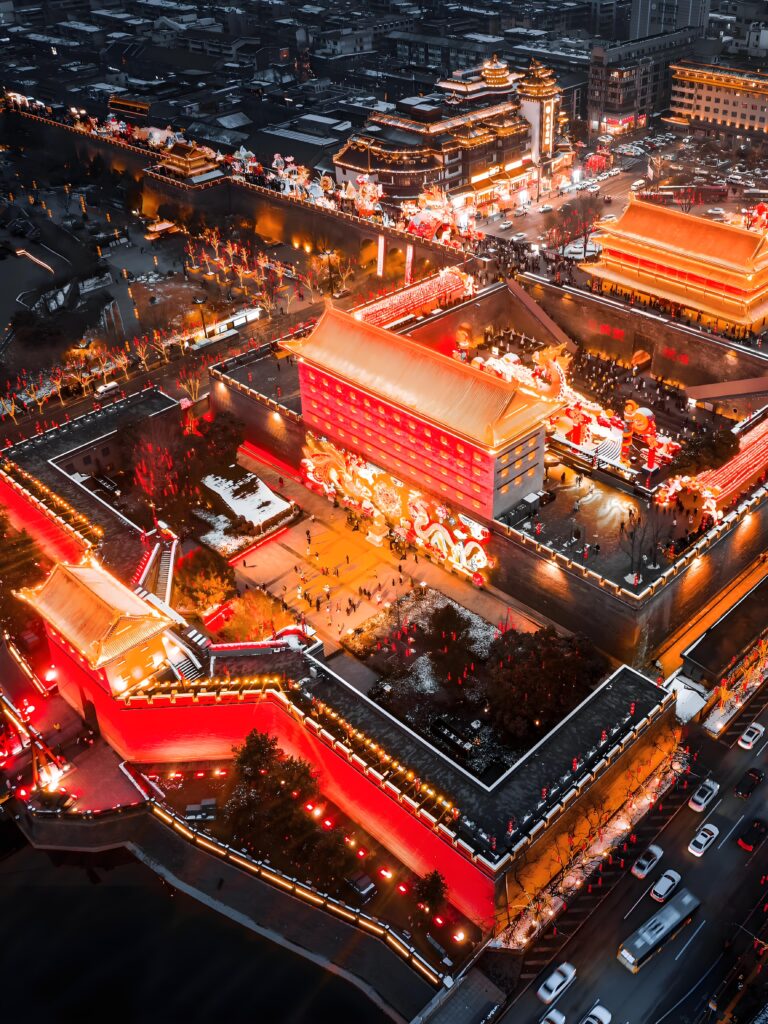
A friend had his wallet stolen in Beijing. We dialed 110, and police arrived within 10 minutes. They took us to review security footage and file a report – the efficiency was impressive.
The Bottom Line: Traveling through China, your real worries won’t be about safety. They’ll be about resisting the incredible food or fitting everything amazing into your itinerary. The country combines ancient wisdom and modern efficiency to create a strong safety net for travelers. So pack your bag! Let the red walls of the Forbidden City, the karst mountains along the Li River, and the desert winds of the Mogao Caves show you firsthand that the sense of security you feel in China comes from both the solid ground beneath your feet and a culture built on order and hospitality for thousands of years.

